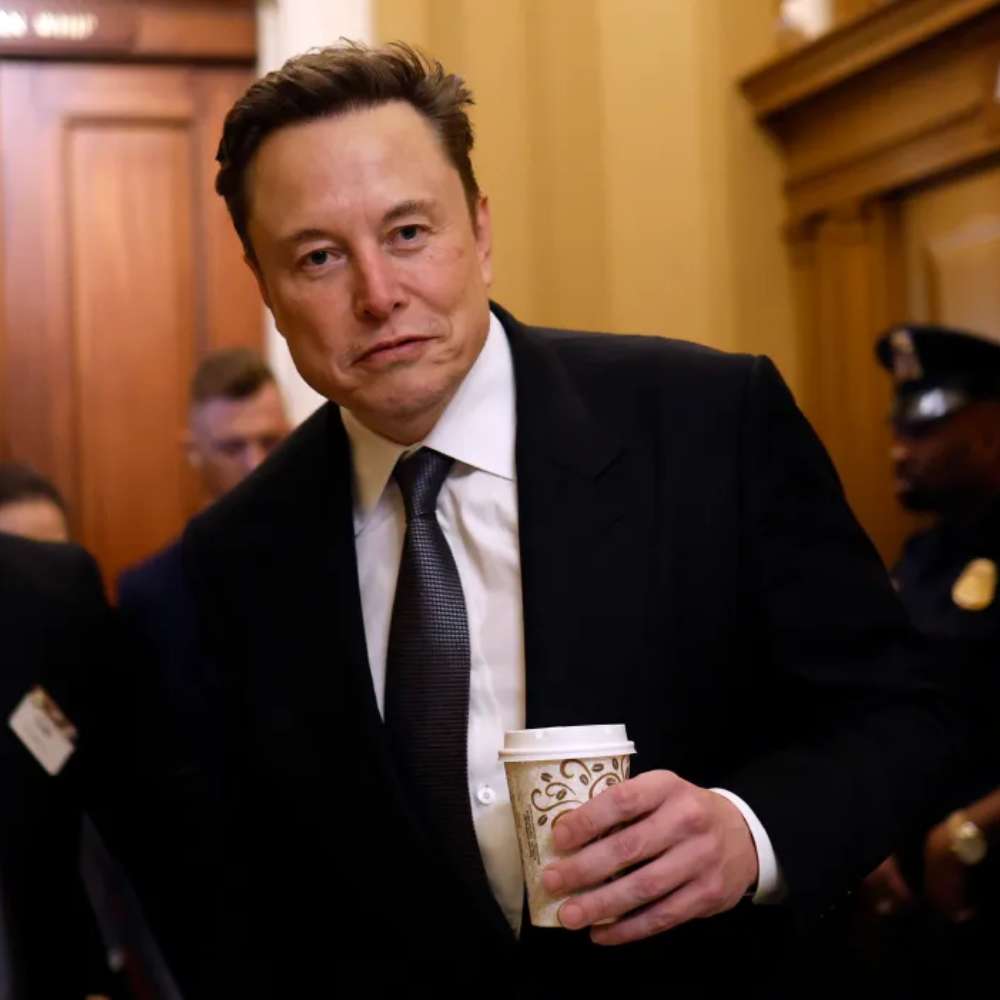The U.S. Securities and Exchange Commission (SEC) has filed a lawsuit against billionaire entrepreneur Elon Musk, alleging that he committed securities fraud in 2022 by failing to disclose his significant stake in Twitter within the required timeframe. This alleged secrecy allowed Musk to buy shares at lower prices, saving him approximately $150 million.
Allegations of Securities Fraud
The SEC claims that Musk, the CEO of Tesla and SpaceX, purchased a controlling stake in Twitter (now X) without properly informing the public. According to U.S. securities law, investors must disclose holdings exceeding 5% within ten days. The SEC’s civil complaint, filed in the U.S. District Court in Washington, D.C., states that Musk exceeded this deadline by more than ten days, delaying disclosure and allowing him to continue purchasing Twitter shares at lower prices before his ownership became public knowledge.
The complaint alleges that Musk’s delay in reporting prevented other investors from recognizing his interest in the company, which could have driven up the stock price had it been disclosed in time.
Musk’s Response to the Lawsuit
Elon Musk has publicly criticized the Securities and Exchange Commission’s actions. In a post on his platform X, he called the agency a “totally broken organization” and questioned its priorities, suggesting that it focuses on minor infractions instead of addressing significant crimes.
Musk’s lawyer, Alex Spiro, also challenged the SEC’s claims, stating that the lawsuit lacks merit and calling it a “sham.” He argued that Musk had done nothing wrong and accused the SEC of pursuing a “multi-year campaign of harassment” against the entrepreneur.
An SEC spokesperson declined to comment further, referring only to the official litigation release and complaint filed in court.
Previous Investigations and Legal History
This is not the first time Musk has faced scrutiny over his handling of investments and disclosures. The SEC had previously investigated Musk’s conduct during the Twitter acquisition process to determine whether he or any associates committed securities fraud.
In a separate civil case, the Oklahoma Firefighters Pension and Retirement System sued Musk in 2022, alleging that he concealed his growing investment in Twitter to gain a financial advantage. The pension fund accused Musk of misleading other shareholders by not properly disclosing his stake in the company, potentially influencing their trading decisions.
That case, titled Rasella v. Musk, was filed in April 2022 in the U.S. District Court for the Southern District of New York.
Delayed Disclosure Timeline
The Securities and Exchange Commission’s complaint outlines that Musk crossed the 5% ownership threshold in March 2022, which required him to disclose his holdings by March 24. However, Musk did not publicly reveal his stake until April 4, 2022, nearly two weeks past the deadline.
By the time Musk disclosed his ownership, he had acquired over 9% of Twitter’s outstanding stock. The announcement led to a sharp increase in Twitter’s share price, which surged by over 27% from the previous day’s closing price.
The SEC claims that during the delay, Musk spent over $500 million purchasing additional shares at lower prices, taking advantage of the “unsuspecting public.” This delay allegedly resulted in Musk underpaying shareholders by over $150 million.
SEC’s Legal Demands
The Securities and Exchange Commission is seeking a jury trial in the case and is requesting that Musk return the financial gains obtained through his delayed disclosure. The agency also demands a civil penalty against Musk for his actions, arguing that the late disclosure violated securities laws designed to ensure transparency in financial markets.
The Twitter Takeover Drama
Musk’s involvement with Twitter began in early 2022 when he secretly acquired a significant stake in the company. After his ownership was revealed, he briefly considered joining Twitter’s board but later declined the position.
By mid-April 2022, Musk submitted an unsolicited bid to acquire the entire company, which initially faced resistance from Twitter’s board. However, the board eventually accepted the offer later that month.
A period of uncertainty followed as Musk attempted to back out of the deal, citing concerns over the accuracy of Twitter’s reported number of fake accounts and bots. Despite these challenges, Musk completed the $44 billion acquisition in October 2022.
Musk’s takeover was famously marked by his dramatic entrance into Twitter’s headquarters in San Francisco, where he carried a sink while declaring, “Entering Twitter HQ – let that sink in!”
Past Clashes with the SEC
This is not Musk’s first conflict with the Securities and Exchange Commission. In September 2018, the agency charged him with securities fraud for making misleading statements about taking Tesla private at $420 per share with “funding secured.” Tesla’s stock fluctuated significantly following the announcement, and the deal never materialized.
Musk and Tesla later settled with the SEC, agreeing to pay $20 million each in fines. As part of the settlement, Musk also stepped down as chairman of Tesla’s board temporarily but remained CEO.
Conclusion
The Securities and Exchange Commission’s latest lawsuit adds another chapter to Musk’s ongoing legal battles with the regulatory body. The case raises significant questions about transparency in financial markets, the enforcement of disclosure laws, and the influence of high-profile figures on the stock market. As Musk prepares to take on a more prominent role advising President-elect Donald Trump’s administration, the outcome of this lawsuit could have broader implications for both regulatory oversight and corporate governance in the U.S.







